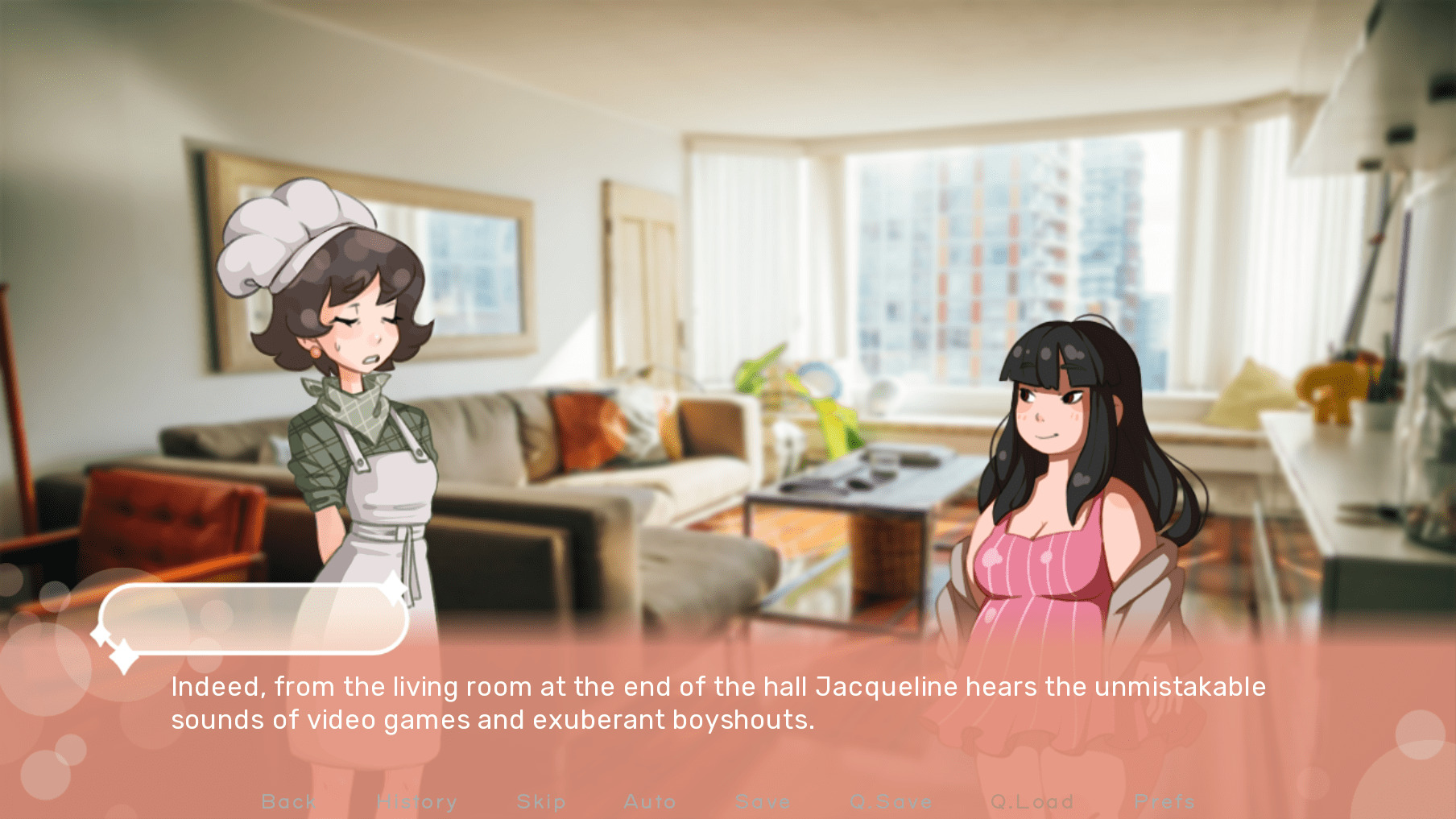

She had not announced the time of her arrival, but her mother was there to greet her partway, wearing a black coat and standing against a utility pole, alone and still. Moving out of her apartment, Yukiko took a train from the city and transferred to the single-track electric line that brought her to the country town of her youth. That took care of any lingering attachment she might have had for the job and made her glad she had not said anything about her mother. Such crass considerations hardly weighed against the most important thing: knowing that her mother had perhaps two years to live. Her boss advised against making any sudden moves, but before Yukiko could decide whether or not to tell him about her mother’s illness, he assured her that his reason for failing her had not been to prompt her resignation. The insurance money was not enough to continue supporting her mother in her old age, but it was plenty to keep two women alive for two years or so. She had recently failed the exam that would have made her a full-fledged staff member, and when she weighed her father’s insurance money against the income she would receive if she remained in her job, the scales did not incline significantly in either direction.

She did this out of neither sentiment nor self-sacrifice. Yukiko decided to devote herself to caring for her mother, and submitted her resignation to the tourist bureau where she had worked as a temporary employee for seven years since graduating from community college. Only then did she picture her mother on their shopping day, and like a projectionist who rushes to correct the blurred image on the screen, she began to see it all with vivid clarity. The doctor explained that the disease advanced slowly, beginning with such unused parts of the body as the uterus or the ear canals. She found herself unable to form an image in her mind on hearing the news, as if she were watching an out-of-focus movie. But the illness was incurable, which meant that even if they had become aware of it at that stage, the most they could have done was face the impending threat of death that much earlier.īut six months after the shopping trip, Yukiko learned that it was her own mother being ravaged by the ‘lovely’ illness. Neither of them had realized at the time what changes were occurring deep inside her mother’s body. Ordinarily, her mother would visit one shop after another without a break, but that day she complained of an odd feeling in her lower abdomen, and the two had withdrawn to a cafe to rest. Yukiko once took a day off to meet her mother downtown.

The uterus and the dark channel that extended from it had quietly dried up and changed to sugar.Ī vague and childish thought had crossed Yukiko’s mind long ago, when she first learned that an illness existed in which the cells of the body turn to sugar: Filling up with sugar – what a lovely way to die! She imagined it must feel something like Hansel and Gretel’s joy on discovering the gingerbread house combined with the witch’s elation at the appearance of her long-awaited victims. Her mother must have passed through menopause long before now, too. Yukiko had never asked directly, but she had never sensed a male presence about her mother after her father had died early in Yukiko’s first year of high school. The vagina was the first part of her mother’s body that turned to sugar – probably because it was the one organ for which her mother no longer had any use.


 0 kommentar(er)
0 kommentar(er)
